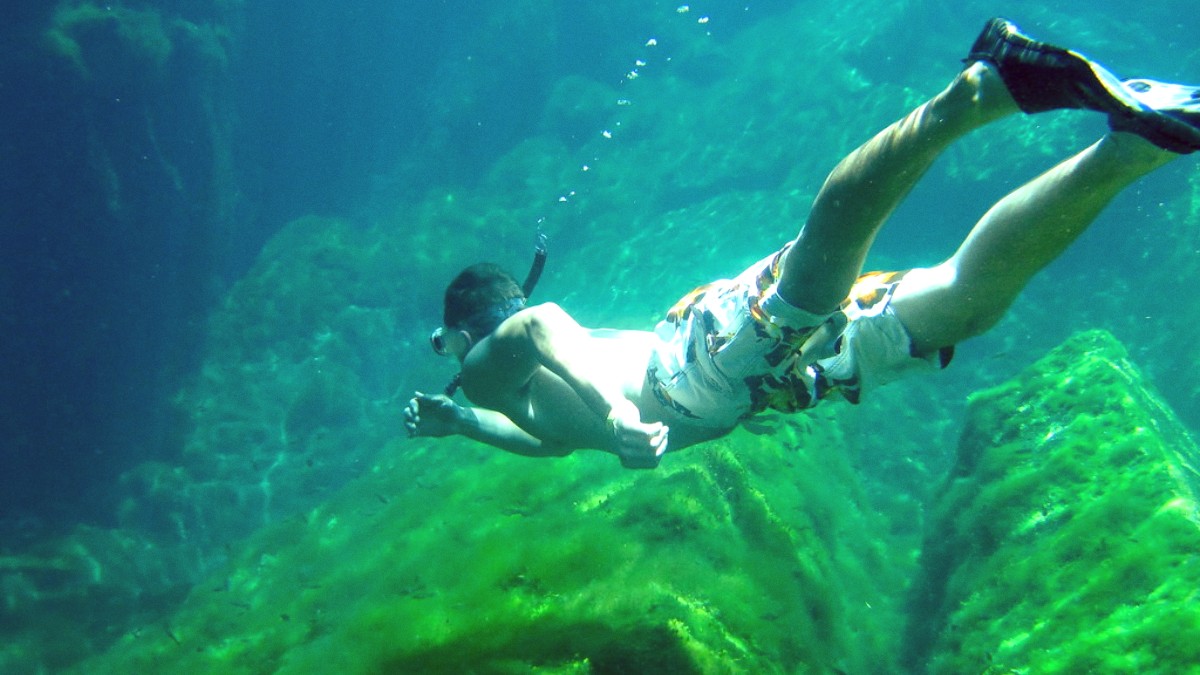
Yucatan Peninsula, Mexico
The National Reef Park is a protected marine area; refrain from touching coral or collecting marine life.
Reduce waste by using reusable water bottles and shopping bags; dispose of trash responsibly.
The Yucatán's aquifer system is delicate; consider mindful water use in accommodations and cenotes.
Engage in practices that support the delicate ecosystem of the Yucatán Peninsula.
Support businesses dedicated to sustainable practices. Consider Ecobnb for accommodations, Patagonia for gear, or Package Free Shop for reusable products.
Choose operators that promote responsible wildlife viewing and do not support activities that exploit animals.
Make thoughtful choices regarding your purchases and resource use.
Engage with knowledgeable local guides for insights into the region's history, culture, and ecosystems.
Participate in cultural workshops, like cooking classes or craft demonstrations, to connect with local traditions.
Thoughtful travel choices contribute positively to the environment and communities of Puerto Morelos.
Respect for local customs and traditions fosters meaningful interactions and a positive cultural exchange.
Engage respectfully with residents. Learn a few basic Spanish phrases; this gesture is widely appreciated.
Mindful photography respects privacy and cultural norms.
Direct your tourism dollars to local communities. This supports sustainable development and authentic experiences.
Prioritize souvenirs and crafts from local artisans. This directly supports their livelihoods. The Rainforest Site (GreaterGood) also presents ethical goods.
Choose local restaurants and cafes over international chains to keep money within the community.
Select tour operators with a focus on ethical practices and community engagement, such as G Adventures.
Do not participate in activities that exploit animals (e.g., captive dolphin shows). Direct donations to local charities offer a positive contribution over handouts to beggars.
Your visit holds the possibility of making a positive contribution to the local culture and environment.